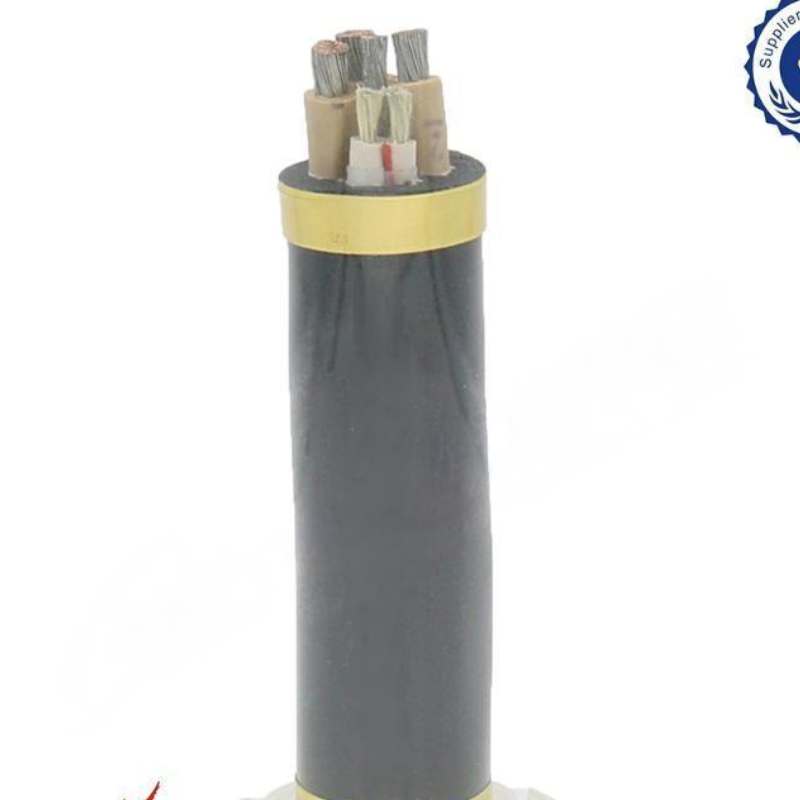10 月 . 21, 2024 02:14 Back to list
Cast Steel Check Valve Applications and Benefits in Industrial Systems
Understanding Cast Steel Check Valves Their Importance and Applications
Cast steel check valves are critical components widely used in various industrial applications to ensure the proper functioning of piping systems. These valves are designed to allow fluid or gas to flow in one direction while preventing backflow, thereby protecting equipment and ensuring efficient operation. In this article, we will delve into the features, benefits, and applications of cast steel check valves, highlighting their importance in modern engineering.
What is a Cast Steel Check Valve?
A cast steel check valve is a type of valve that is manufactured primarily from cast steel materials, which combine superior strength and durability. The valve is designed with a hinged disc that opens when the fluid flows in the desired direction. When the flow reverses, the disc closes automatically, preventing any backflow. This simple yet effective mechanism is crucial in maintaining pressure and preventing contamination in piping systems.
Key Features
1. Durability Cast steel check valves are known for their robustness. The cast steel construction makes them resistant to corrosion, high temperatures, and wear, ensuring a long service life even in challenging environments.
2. Versatility These valves can handle a wide range of fluids, including water, oil, and gases. Their ability to function effectively in various conditions makes them suitable for different industries, including oil and gas, water treatment, and power generation.
3. Low Maintenance Due to their sturdy build and reliable design, cast steel check valves typically require minimal maintenance. This feature translates to lower operational costs over time, making them a preferable choice for many engineers and operators.
4. Compact Design Cast steel check valves are available in various sizes, allowing for installation in space-constrained areas. Their compact design ensures that they can fit into existing systems without requiring significant alterations.
Benefits of Using Cast Steel Check Valves
1. Prevent Backflow The primary benefit of a check valve is its ability to prevent backflow, which can lead to contamination, equipment damage, and operational inefficiencies. By ensuring that fluid flows in only one direction, cast steel check valves play a vital role in maintaining the integrity of systems.
cast steel check valve

2. Cost-Effective Although the initial investment in cast steel check valves may be higher compared to other materials, their durability and low maintenance needs lead to significant savings in the long run. They are designed to withstand harsh conditions, reducing the frequency of replacements.
3. Safety Enhancement In industries handling hazardous materials, any backflow can pose serious safety risks. Cast steel check valves provide an essential safeguard against such incidents, protecting both personnel and the environment.
4. Improved System Efficiency The reliable operation of these valves contributes to improved overall system efficiency. By minimizing the risk of leaks and ensuring smooth flow, cast steel check valves help maintain optimal performance levels.
Applications of Cast Steel Check Valves
Cast steel check valves find applications across various sectors.
1. Oil and Gas Industry In pipelines transporting crude oil and natural gas, these valves prevent backflow and protect facilities from pressure surges.
2. Water Treatment Facilities They are commonly used in water treatment systems to ensure the correct flow of treated water, preventing contamination from untreated sources.
3. Power Generation In power plants, cast steel check valves are used in steam and water systems to manage flow effectively and protect equipment from reverse flow conditions.
4. Process Industries Chemical plants utilize these valves to monitor and control the flow of chemicals and prevent backflow, ensuring safe and efficient operations.
Conclusion
In conclusion, cast steel check valves are indispensable components in many industrial applications, providing essential functions that enhance safety, efficiency, and operational reliability. Their durable construction, versatility, and low maintenance requirements make them a preferred choice for engineers and operators alike. As industries continue to evolve and demand higher standards of performance, the role of cast steel check valves will undoubtedly remain significant in advancing system integrity and reliability.
Share
-
Understanding the Differences Between Wafer Type Butterfly Valve and Lugged Butterfly ValveNewsOct.25,2024
-
The Efficiency of Wafer Type Butterfly Valve and Lugged Butterfly ValveNewsOct.25,2024
-
The Ultimate Guide to Industrial Swing Check Valve: Performance, Installation, and MaintenanceNewsOct.25,2024
-
Superior Performance with Industrial Swing Check Valve: The Essential Valve for Any SystemNewsOct.25,2024
-
Industrial Swing Check Valve: The Ideal Solution for Flow ControlNewsOct.25,2024
-
You Need to Know About Industrial Swing Check Valve: Functionality, Scope, and PerformanceNewsOct.25,2024